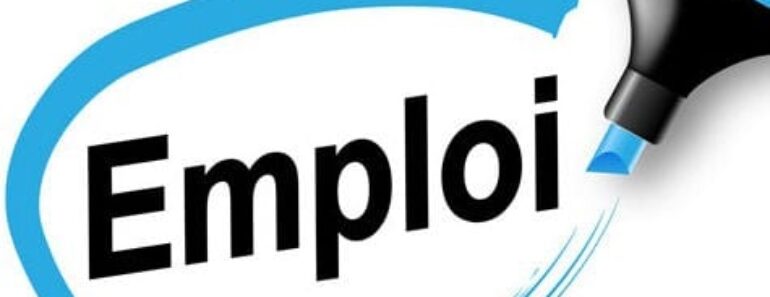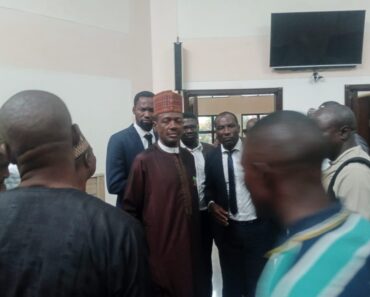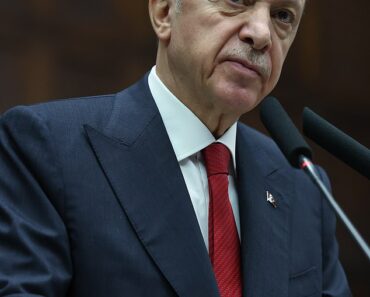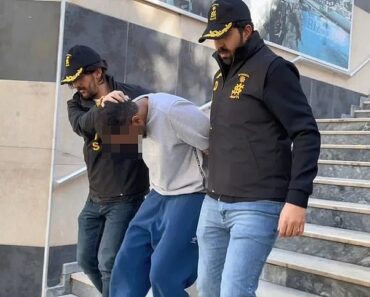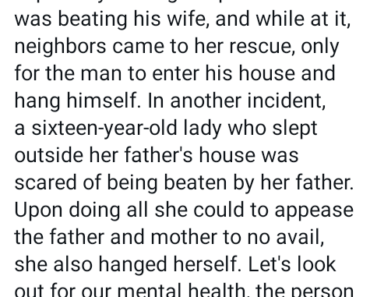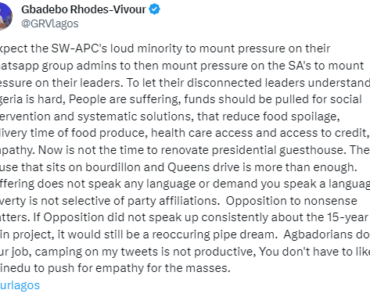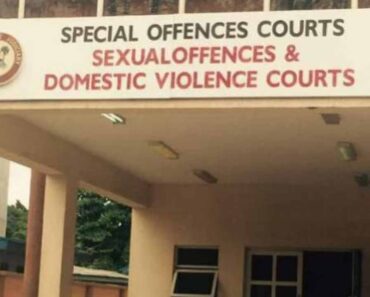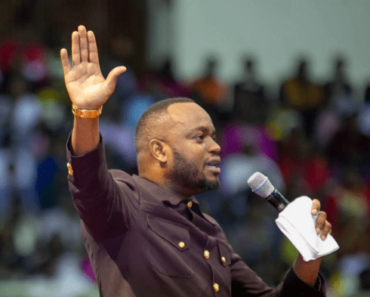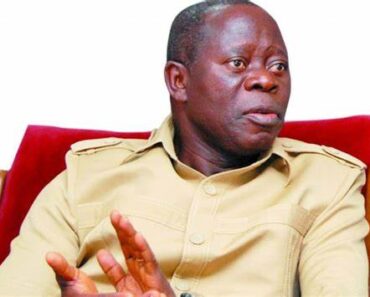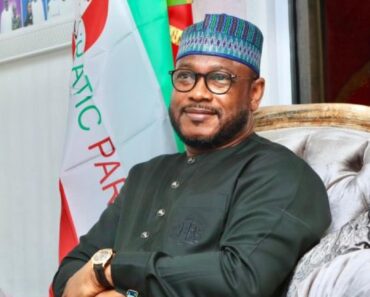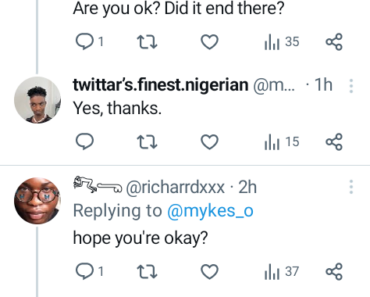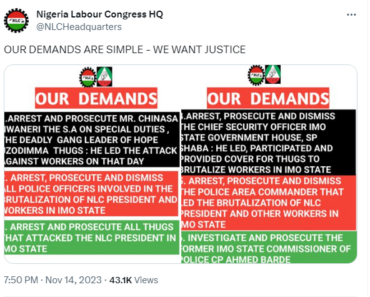[ad_1]
Since 1993, the international solidarity association ACTED has been responding to the humanitarian needs of populations in crisis situations and respecting their dignity, while promoting and implementing opportunities for sustainable development, investing in the potentials of Man.
ACTED is committed to responding to emergencies and developing resilience in the face of crisis situations, to co-constructing effective governance, and to promoting inclusive and sustainable growth.
We work on the last mile of humanitarian action. Our mission is to save lives and meet the basic needs of populations in the most difficult to reach areas. ACTED develops and implements programs for the most vulnerable populations who suffer from violence, conflicts, natural disasters or endemic poverty. ACTED’s approach goes beyond emergency response, with a commitment to sustainable development and community access to livelihoods.
ACTED implements more than 500 projects per year with 14 million beneficiaries in 37 countries. Our teams are made up of 400 international employees and 4,600 national staff.
ACTED Democratic Republic of Congo
ACTED has been working in the Democratic Republic of Congo since 2003 to respond to humanitarian needs in the country. ACTED teams intervene in emergency situations with the most vulnerable populations and displaced populations, as well as in long-term activities such as rehabilitation works, agricultural revival projects or the establishment of geographic information systems. ACTED aims to strengthen the resilience of populations and support the structuring of civil society.
Main role and responsibilities
1. Cluster coordination
Assume all co-leadership responsibilities of the cluster.
Work closely with other cluster stakeholders including national, provincial and local governments, and all other cluster members.
Secure the commitments of humanitarian actors responding to or supporting the cluster response.
Support surveys on both multisectoral and specific needs of the cluster and then use what already exists to inform the sector in charge of planning.
Identify gaps in the current coverage of the sector and denounce them, on behalf of the populations affected, to humanitarian actors
Lead and update the cluster work plan, and coordinate the harmonization of responses, ensuring that activities do not overlap or duplicate and thus maximize resources.
Ensure that the cluster’s inter-agency response strategy takes into account the key results of needs surveys, identified gaps, and develop an inter-sector and inter-agency response plan, taking into account cross-cutting areas of other sectors or clusters.
Ensure that information is shared among cluster members, and that information from other sectors or clusters is available to cluster members to improve planning, integration and implementation of activities.
Ensure clear and effective communication between the field and the national cluster.
Ensure, in conjunction with the cluster coordinator, that the cluster is represented in all relevant external meetings and collect and share information as needed.
Ensure the cluster is explicitly included and prioritized in multi-sector surveys and reports.
Monitor and monitor cluster member fundraising for specific cluster interventions, and ensure that members are informed of funding opportunities.
If the country response has access to Common Humanitarian Funds, work with members to identify the cluster’s key priorities, assess the projects submitted against these priorities, their actual costs, and the needs of the populations concerned. Recommend the most efficient projects to the Humanitarian/Resident Coordinator, regardless of the agency submitting them.
Actively participate with the cluster lead agency in global humanitarian planning activities, such as HNOs and HRPs.
Create and chair any technical working group required by cluster members.
Consult and identify how the cluster should facilitate early recovery and plan an exit strategy for the cluster.
Ensure that NGO perspectives and the consensus vision of NGO cluster members are represented within the Humanitarian Country Team and associated with the documents produced.
2. Skills building
Carry out a mapping of the skills of all current and potential actors of the cluster, the government, national and international humanitarian organizations as well as national institutions and the private sector.
Promote and support the training of humanitarian staff and build the skills of humanitarian partners, based on mapping and understanding of available skills.
Identify learning and training opportunities for cluster members and work to develop preparedness and response capacity within the cluster.
Ensure that cluster members are aware of technical procedural guides, technical standards and relevant commitments that the Government/relevant authorities have ratified in the name of international humanitarian rights laws.
Promote safeguarding and respect for the principle of Do-no-harm in the responses of cluster members. Liaise with Security, Child Protection, GBV, demining groups if necessary.
Where warranted, ensure capacity building of ACTED programming teams to ensure the sustainability and quality of the ACTED cluster response.
Take measures to promote the cluster in line with the principles of the Transformative Agenda (eg empowerment of affected populations, participation of beneficiaries).
[ad_2]
Mots clés: #ACTED #Recruits #Cluster #CoCoordinator
→ READ ALSO : Ali Bongo About To Be Exiled?
→ READ ALSO : Soon A Full Messaging Service On TikTok?
→ READ ALSO : ACTED Recruits 01 Country Finance Manager
Suivez tous les scores en direct ici !


